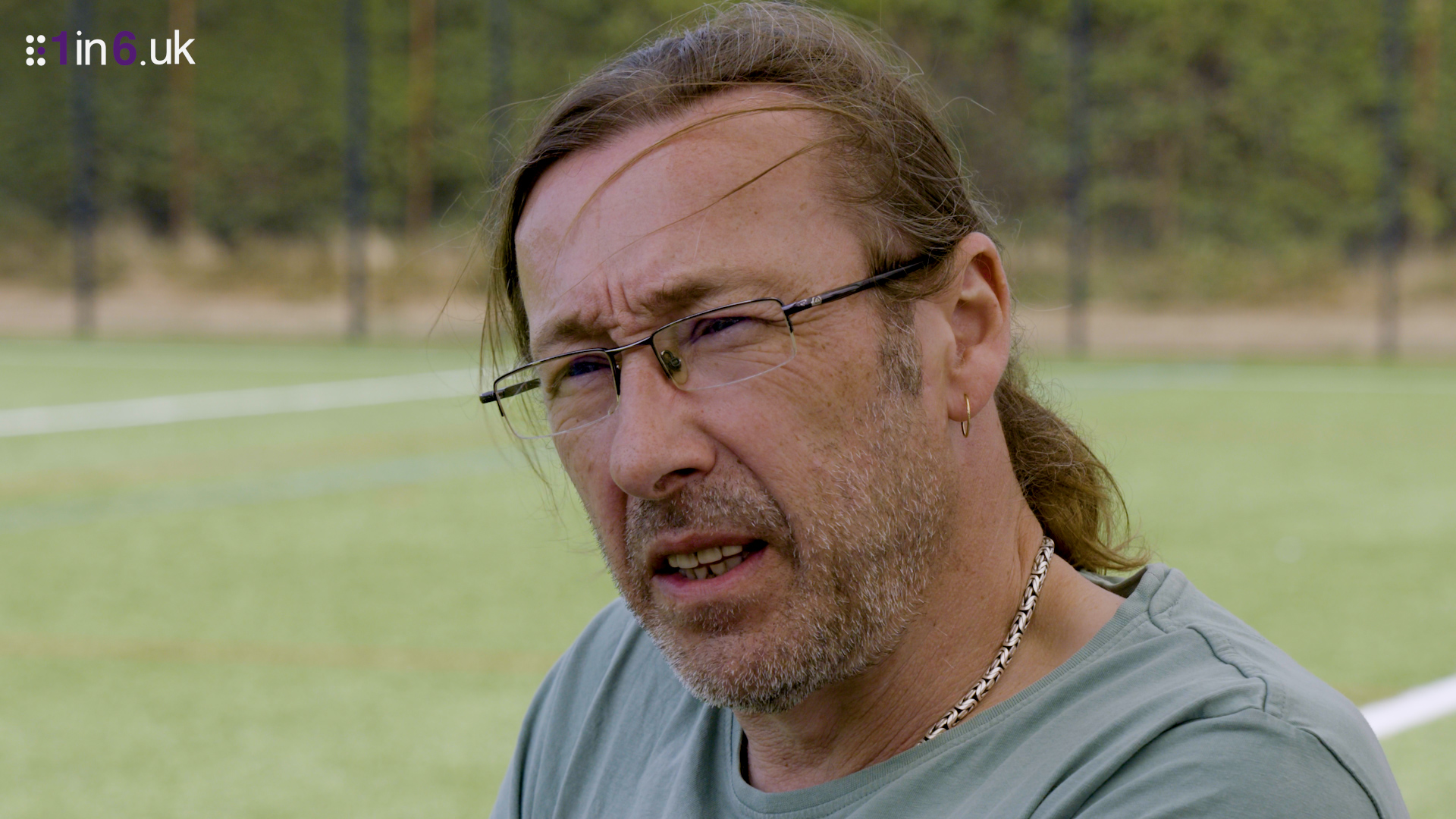Suicidal thoughts
If you think you might harm or attempt to kill yourself, call 999 for help immediately:
Call Samaritans 24/7 on 116 123.
Thoughts of suicide are common among men who have experienced rape, sexual assault or abuse. Research has found that as many as 1 in 15 men consider suicide.
Suicidal thoughts can range from fantasies through to detailed plans. Even if your thoughts seem like they are ‘just’ passing ideas or fantasies, it is still important to take them seriously and find someone to talk to.
This is even more crucial if you ever use drugs or alcohol because this can impair your ability to make safe decisions.
The more detailed your thoughts about suicide are, the more important it is to get help.
Suicidal thoughts are one way of your mind telling you ‘I am not happy with things the way they are’. The important thing is that you talk with someone who is going to help you improve the situation. Be persistent. Keep asking until you find the help you need.
You don’t need to battle with the level of pain you are coping with. You can get help.
Remember that thoughts about suicide are just that – thoughts. You don’t need to act on them. They won’t last for ever, and often they pass very quickly. Many people who have had serious thoughts of suicide have said that they felt completely different only hours later. It is common to feel overwhelmed and distressed during difficult times or when it seems that things will never improve. Things do improve and you have more power than you think. Talking to someone can help you get to that place, but before you can do that you need to make sure you are safe.
Things you can do to keep yourself safe
- Seek help early. Talk to a family member or friend, see your local doctor, or ring a helpline.
- Postpone any decision to end your life. Many people find that if they postpone big decisions for just 24 hours, things improve, they feel better able to cope and they find the support they need.
- Talk to someone. Find someone you can trust to talk to: family, a friend, a colleague. Helplines enable you to talk anonymously to a trained counsellor any time of the day or night.
- Avoid being alone (especially at night). Stay with a family member or friend or have someone stay with you until your thoughts of suicide decrease.
- Develop a safety plan. Come up with a plan that you can put into action at any time, for have a helpline number in your phone. Practice calling it when you feel okay so it will feel easier to call if you are feeling suicidal.
- Avoid drugs and alcohol when you are feeling down. Many drugs are depressants and can make you feel worse, they don’t help to solve problems and can make you do things you wouldn’t normally do.
- Set yourself small goals to help you move forward and feel in control. Set goals even on an hour-by-hour or day-by-day basis – write them down and cross them off as you achieve them.
- Write down your feelings. You might keep a journal, write poetry or simply jot down your feelings. This can help you to understand yourself better and help you to think about alternative solutions to problems.
- Stay healthy. try to get enough exercise and eat well – Exercising can help you to feel better by releasing hormones (endorphins) into your brain. Eating well will help you to feel energetic and better able to manage difficult life events.
- See your local doctor or a specialist to discuss support or treatment. Discuss your suicidal thoughts and feelings with your doctor, talk about ways to keep yourself safe, and tell them how you feel to ensure you receive the best treatment and care.
- Speak to a professional. Psychologists, psychiatrists, counsellors and other health professionals are trained to deal with issues relating to suicide, mental illness and well being. You will also have an organisation near you who specialises in supporting male survivors of sexual abuse or assault.
- Download the Stay Alive app. The Stay Alive app keeps all of your resources, safety plans, and important memories in your pocket in case you need them.
Thoughts of suicide occur to many people and for a range of reasons. The most important thing to remember is that help is available. Talking to someone is a good place to start, even though it may seem difficult. Tell someone today!
Watch a video conversation below about ‘suicidal thoughts as a result of trauma’ between Ian Ackley (below) and Gary Pleece of 1in6.uk here
Stephen Hart, activist and actor, talks to Gary Pleece about how he had suicidal thoughts as a result of his trauma from rape and his subsequent HIV diagnosis. Watch and listen below



